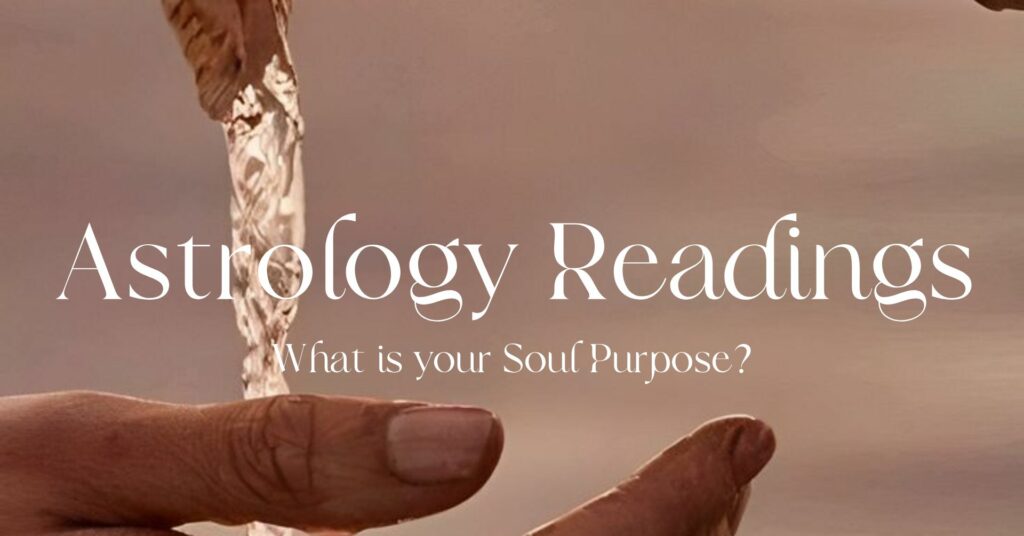Astrology is an ancient practice that has fascinated and guided humanity for millennia. Across cultures and civilizations, various astrological systems have evolved, each offering unique insights into personality, fate, and the cosmos.
While many are familiar with Western astrology, which focuses on zodiac signs and horoscopes, there are several other branches and traditions of astrology, each with its own methodology and interpretation of celestial influence.
At Girl and Her Moon, we use Western astrology, blending evolutionary, esoteric, and psychological astrology for our readings and classes as a deeply insightful system that helps us explore the soul’s journey, cosmic influences, and cycles of growth. While we honor and respect all astrological traditions, Western astrology aligns with our approach to self-discovery, personal transformation, and divine connection.
Let’s explore the different types of astrology, including Western, Traditional, Sidereal, Vedic, and Chinese astrology. Each branch of astrology provides a different perspective on how celestial energies shape our lives, offering profound wisdom for those seeking deeper self-awareness and guidance.
Western Astrology: The Zodiac and Planetary Influence
Western astrology is the most widely recognized system in the world today. It is based on the tropical zodiac, which divides the sky into twelve signs corresponding to the Earth’s four seasons.
This system places emphasis on the Sun sign, planetary placements, and aspects between planets to interpret personality traits and life events. We can also use Western Astrology to explore synastry, or relationship astrology, that examines the dynamics present through bringing two charts together.
Key Components of Western Astrology
- Natal Charts: A birth chart (or natal chart) is calculated based on the exact date, time, and location of birth.
- Sun, Moon, and Rising Signs: The Sun represents identity, the Moon governs emotions, and the Ascendant (Rising sign) reflects how one presents themselves to the world.
- Planetary Aspects: Relationships between planets influence personality and destiny.
- Houses: Twelve houses in the birth chart each govern different areas of life.
- Earth’s Seasons: Astrological Cycle aligns with the Earth’s Seasons, beginning at Spring.
Subcategories of Western Astrology:
Psychological Astrology
- Integrates depth psychology with astrology, particularly influenced by Carl Jung.
- Focuses on archetypes, unconscious patterns, and personal development.
- Uses astrology as a tool for self-reflection, emotional healing, and individuation.
Esoteric Astrology
- A spiritual and soul-centered approach developed through Theosophy and Alice Bailey.
- Views the birth chart as a map of the soul’s evolution and spiritual lessons.
- Focuses on planetary influences in relation to higher consciousness and energetic transformation.
Evolutionary Astrology
- Developed by Jeff Green and Steven Forrest, this system emphasizes soul growth and past-life karma.
- Pluto and the Lunar Nodes are key indicators of the soul’s past and evolutionary path.
- Explores how personal experiences lead to spiritual evolution and transformation.
Traditional Astrology: Ancient Predictive Systems
Traditional astrology refers to the historical foundations of Western astrology, emphasizing fate, concrete predictions, and external life circumstances. Unlike modern psychological approaches, traditional astrology is deterministic and focuses on the practical applications of astrology in daily life.
Subcategories of Traditional Astrology:
Hellenistic Astrology
- The earliest form of Western astrology, developed in Greece and Egypt (200 BCE–600 CE).
- Introduced foundational techniques like Lots (Arabic Parts), planetary sect (day/night charts), and zodiacal releasing.
- Focused on fate, fortune, and time-lord systems to predict life events.
Medieval Astrology
- Expanded on Hellenistic techniques during the Middle Ages (600–1600 CE).
- Used complex predictive methods such as annual profections and planetary dignities.
- Strongly tied to medicine, politics, and divination.
Horary Astrology
- A specialized branch of traditional astrology used for answering specific questions.
- The astrologer casts a chart for the moment a question is asked and interprets planetary placements.
- Used for practical guidance on topics such as relationships, career, lost objects, and outcomes of events.
Other Branches of Traditional Astrology
- Medical Astrology – Analyzes the natal chart to diagnose potential health issues, strengths, and weaknesses in the body, often used in ancient medicine.
- Electional Astrology – Determines the most auspicious times to begin important ventures, such as weddings, business launches, or travel.
- Mundane Astrology – Studies celestial influences on global events, politics, economies, and natural disasters.
- Locational Astrology – Also known as Astrocartography, it explores how different geographical locations influence a person’s life and experiences.
Sidereal Astrology & Vedic Astrology
Sidereal Astrology
- Uses the actual astronomical positions of the stars rather than the tropical zodiac.
- Aligns more closely with observable celestial placements.
- Is the foundation for Vedic astrology but is also used in some Western applications.
Vedic Astrology (Jyotish)
- Originates from ancient India and is deeply tied to Hindu philosophy and karma.
- Uses the sidereal zodiac, accounting for the shifting positions of constellations.
- Relies on Nakshatras (lunar mansions), Dashas (planetary cycles), and planetary remedies like gemstones and mantras.
- Focuses on karmic influences and life predictions.
Chinese Astrology: The Wisdom of the Lunar Calendar
Chinese astrology is based on the lunar calendar and follows a 12-year cycle, where each year corresponds to a different animal sign. This system integrates the five elements (Wood, Fire, Earth, Metal, Water) and the yin-yang philosophy.
Key Components of Chinese Astrology:
- 12 Animal Signs: Each year is associated with an animal that influences personality and destiny.
- Five Elements: Every sign interacts with an element that modifies its characteristics.
- BaZi (Four Pillars of Destiny): A detailed astrological system based on the year, month, day, and hour of birth.
- Lunar Phases: Used to determine compatibility and optimal times for action.
Uses of Chinese Astrology:
- Predicting life cycles and opportunities.
- Relationship compatibility and marriage analysis.
- Business success and financial timing.
- Balancing one’s elemental nature.
Which Astrology System is Right for You?
Astrology is a vast and intricate practice, with each system offering unique insights into personality, destiny, and cosmic influence. Whether you resonate with the psychological and spiritual depth of Western astrology, the precise predictive nature of Traditional astrology, the karmic insights of Vedic astrology, or the cyclical wisdom of Chinese astrology, there is a system that can guide you on your journey.
While we embrace Western astrology as a tool for self-discovery, empowerment, and transformation, all branches are valid and required in these times of accellerated persoanl growth and spiritual insight.
Western Astrology allows us to connect with the cycles of the cosmos, our personal evolution, and the divine timing of life’s events. We invite you to explore your natal chart, dive deeper into your cosmic blueprint, and uncover the wisdom written in the stars with a personal astrology reading, or astrology classes.




